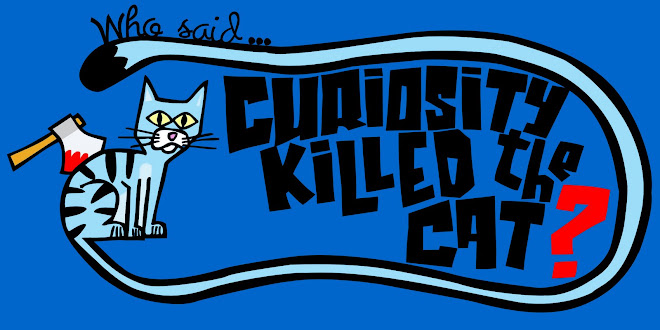The swell in the Rhône at the Grand Large just outside Lyon draws tens of thousands of French tourists on holiday weekends. It is a haven for rowers, sailors, fishermen and children feeding ducks. But under the crystal clear water lurks an environmental disaster the conservation group WWF is calling "a French Chernobyl".
The French government has banned the consumption of fish from the length of the Rhône - where it enters France from the Swiss Alps all the way down to the Mediterranean - after local specialities such as bream, pikeperch, carp and catfish were found to contain high levels of the toxic chemicals PCBs. France's second longest river has contaminated sediment in its bed and feeding fish have sent the toxins through the food chain. Environmentalists say the poison Rhône, which flows through tourist spots such as the papal city of Avignon down to the Camargue delta, is the tip of the iceberg of French industrial pollution, which the government has recklessly ignored for 20 years.
Freshwater fishermen talk of being suicidal. Local mayors and authorities have filed dozens of court cases after decades of campaigning by environmental groups. Research outside France has shown that PCBs - polychlorinated biphenyls once used in electrical generators, transformers and insulating fluid - cause infertility and birth defects in mammals. But the French government has not tested the toxic compounds' impact or carcinogenic effect on humans. The WWF, backed by 300 doctors, is now lobbying the government to urgently fund its own tests on health implications.
The ban on consuming fish from the Rhône has been extended to other French rivers poisoned by PCBs: in Normandy the popular delicacy of eels from the Seine has been outlawed as well as fish from the Somme. Scientists predict more bans will follow. The Chernobyl comparison by the WWF comes not from the potential number of deaths of humans, but from successive French governments' attitude of ignoring what campaigners call "a ticking timebomb".
From The Guardian: The 'French Chernobyl' that has poisoned the Rhône's fish. Read more here
The French government has banned the consumption of fish from the length of the Rhône - where it enters France from the Swiss Alps all the way down to the Mediterranean - after local specialities such as bream, pikeperch, carp and catfish were found to contain high levels of the toxic chemicals PCBs. France's second longest river has contaminated sediment in its bed and feeding fish have sent the toxins through the food chain. Environmentalists say the poison Rhône, which flows through tourist spots such as the papal city of Avignon down to the Camargue delta, is the tip of the iceberg of French industrial pollution, which the government has recklessly ignored for 20 years.
Freshwater fishermen talk of being suicidal. Local mayors and authorities have filed dozens of court cases after decades of campaigning by environmental groups. Research outside France has shown that PCBs - polychlorinated biphenyls once used in electrical generators, transformers and insulating fluid - cause infertility and birth defects in mammals. But the French government has not tested the toxic compounds' impact or carcinogenic effect on humans. The WWF, backed by 300 doctors, is now lobbying the government to urgently fund its own tests on health implications.
The ban on consuming fish from the Rhône has been extended to other French rivers poisoned by PCBs: in Normandy the popular delicacy of eels from the Seine has been outlawed as well as fish from the Somme. Scientists predict more bans will follow. The Chernobyl comparison by the WWF comes not from the potential number of deaths of humans, but from successive French governments' attitude of ignoring what campaigners call "a ticking timebomb".
From The Guardian: The 'French Chernobyl' that has poisoned the Rhône's fish. Read more here







No comments:
Post a Comment